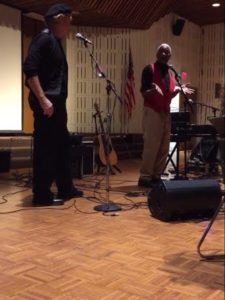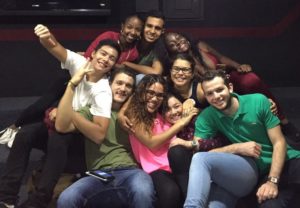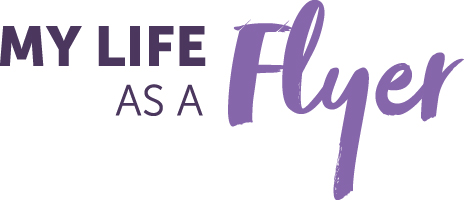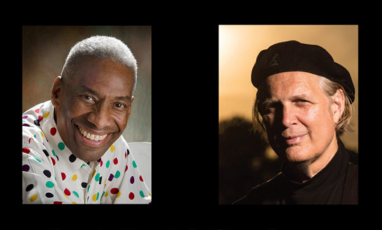A college event called Deeper Than the Skin: A Musical Presentation On Race was a great wake-up experience.
The performers, Reggie Harris and Greg Greenway, have been friends for more than 35 years. Reggie is an African American who was born and raised in Richmond, Virginia, and Greg is a white American, born and raised in Philadelphia.
Both of these inspiring individuals have had different experiences, resulting from their “tags” of race and color. When they shared with each other their stories from beneath their skin — being black at a predominantly white school, or being white and raising your voice against racist attitudes — their bond was instantly made stronger. Their friendship was strengthened by the openness, and the willingness of the other to hear and understand.
Reggie talked about the misconception that “nice people cannot be racist” and shared an article by anti-racism educator and author Robin DiAngelo titled White People Assume Niceness is the Answer. He has found it hard to figure out subtle racism masked by niceness and said the experiences are embedded in his skin. However, keeping his soul open to hearing about others’ experiences, such as Greg’s, under the influence of their own white skin, has given him the opportunity to grow, learn, and feel more free.
Meanwhile, Greg has become aware of the meaning of his white skin: “If I cannot tell you what it means to be white, I cannot understand what it means not to be white,” as DiAngelo wrote. Greg realized how his experiences were shaped by his own race, through stories from his ancestors.
Knowledge is the tool to set us free. Free from what? There are stories under our skin, that have not necessarily occurred in our body but in the ones before us, in the ones that surround us, in the broken-constructed system, and in the avoided conversations, in the words never said… This event woke me up to realize that I have judged people who did not have my understanding of race.
 It is clear that I have been racist in my own way, by rejecting people who have not experienced the emotions that I have because of the color of my skin. I grew up on the Caribbean coast in Limón, Costa Rica, alongside people of Chinese, Latin, African and mixed descent, almost as brothers and sisters, seeing no differences.
It is clear that I have been racist in my own way, by rejecting people who have not experienced the emotions that I have because of the color of my skin. I grew up on the Caribbean coast in Limón, Costa Rica, alongside people of Chinese, Latin, African and mixed descent, almost as brothers and sisters, seeing no differences.
I embrace their culture as mine, my culture is theirs. We do not even identify ourselves by race, we are just “limonenses” (people from Limón). When I moved to the capital city, I carried with me these experiences and feelings, but it was under my skin. How could I expect the capital citizens, who mostly hear bad, misrepresented news from our city, to understand me? Even though Costa Rica is a diverse country, the highest percentage of black people are in our city. I would just get upset when they came up with comments that to me were racist.
Now I understand their comments were related to their knowledge, and their knowledge was not from what my skin had experienced. I conclude that people reject what they do not know and accept what they do. I need to get out of the comfortably dismissive idea that “they are racist,” and have less comfortable conversations where I not only share my knowledge and own experience, but listen to others. Getting comfortable with being uncomfortable means seeking a way of growing and rooting new stories for our future generations; just as Reggie and Greg are doing through their music and friendship.
Mariela León Thomas ‘21G studied physical therapy in Costa Rica and is pursuing her master’s in social work at Nazareth College.

